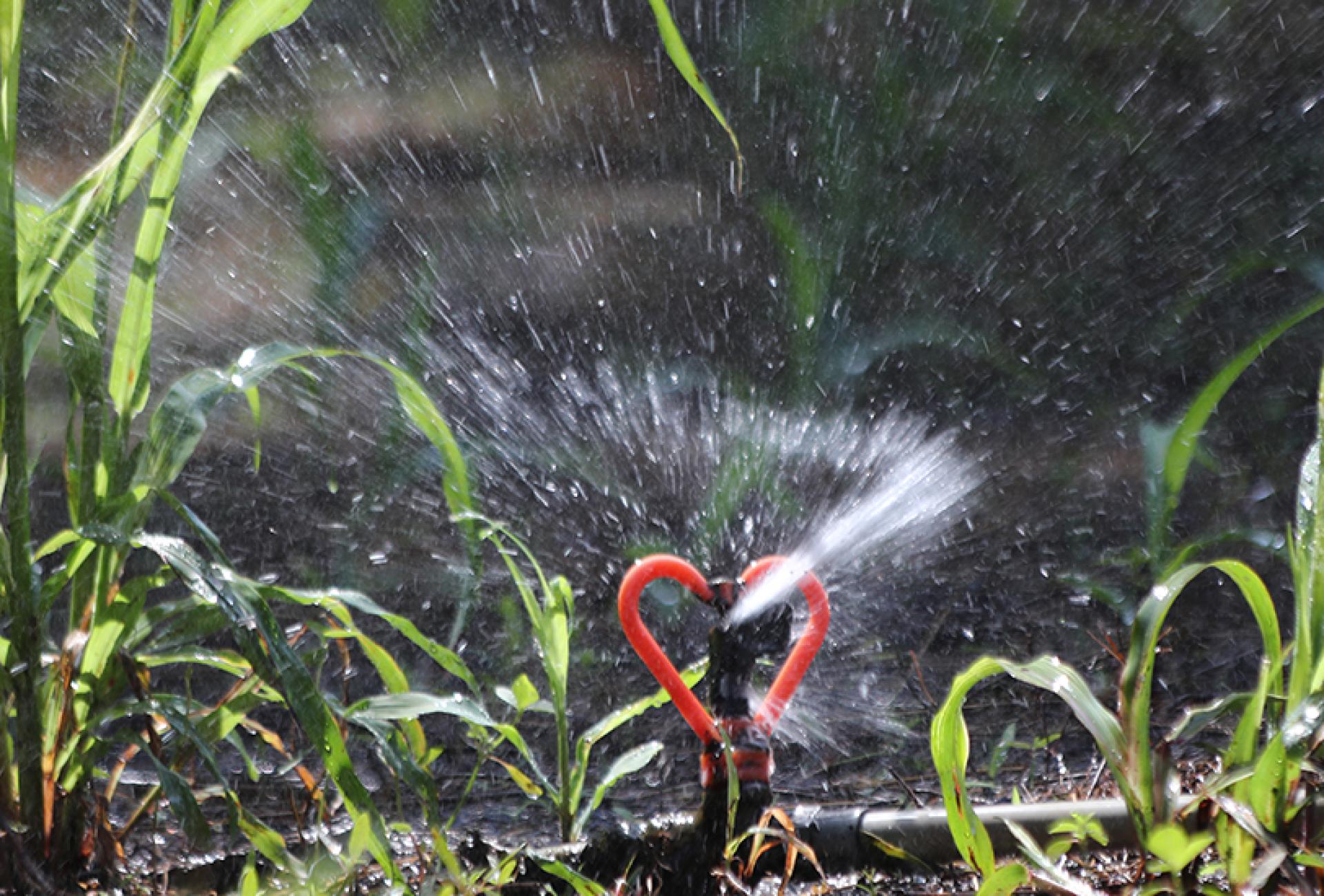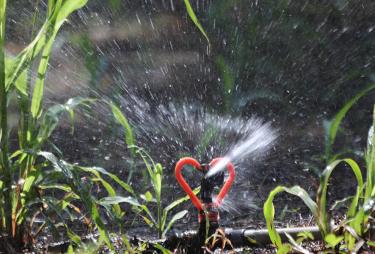More climate focus in new development cooperation guidelines


As a strategic partner of Sida, the SMC‘s task is to contribute to strengthening civil society in developing countries by passing on aid money to the development cooperation of its member organisations. In order to facilitate cooperation and quality assurance of aid efforts at all stages, clear guidelines are important.
“We are the link between Sida and the member organizations when it comes to application, reporting, follow-up and evaluation,” says Andrea Samosir Josephson, coordinator at SMC.
The Board of Directors adopted guidelines

Andrea Samosir Josephson, Coordinator at SMC – Faith in Development
In December, the SMC’s Board of Directors decided on new guidelines for the work related to long-term development cooperation in civil society (CivSam).
– The guidelines clarify which criteria govern SMC’s forwarding of Sida grants and what the relevant member organisations’ applications and reports should contain. They are a way to facilitate cooperation and ensure good quality in international work,” says Andrea Samosir Josephson.
The new guidelines have been simplified to more clearly describe the quality assurance that SMC does for the member organizations’ work with, for example, application, reporting and deviation management.
Strengthened focus on the environment and climate
Another particularly important change compared to the previous guidelines is a strengthened focus on the environment and climate. Each operation must include a concise environmental assessment, and at least one milestone with this focus.
– Access to natural resources, healthy ecosystems and their sustainable use are essential for the fundamental right to life. We believe that we humans have the mission to manage God’s creation by taking responsibility for each other and the world we live in,” says Charlotta Norrby, Secretary General of SMC.

Charlotta Norrby, Secretary-General
Guidelines facilitate the work with the application to Sida
There are several reasons why the guidelines have now been revised. On the one hand, SMC, in dialogue with its member organisations, has seen the need to clarify and simplify the procedures for cooperation in further mediation. On the one hand, Sida last year updated its own guidelines for that part of the assistance related to civil society.
“It feels good to have these guidelines in place when we now start work on a new application to Sida for the next five-year period (2022-2026), says Charlotta Norrby.
Dialogue with member organisations important
Many member organisations and their partners are already in the process of preparing. As the guidelines contain several news, SMC will shortly invite the relevant member organizations to a meeting to present the guidelines in more detail and answer questions.
